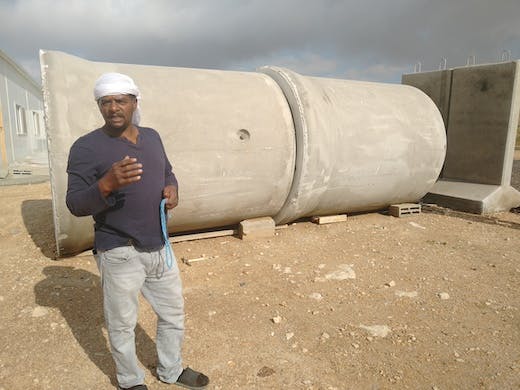
The 82nd Whitney Biennial Masters the Art of Ideological Grandstanding
By MARIO NAVES
|At least 19 Bedouins were killed on October 7. Some were gunned down by Hamas terrorists, while others were killed by rockets that hit their Negev villages. Six Bedouins were also kidnapped.

Already have a subscription? Sign in to continue reading
$0.01/day for 60 days
Cancel anytime
By continuing you agree to our Privacy Policy and Terms of Service.

By MARIO NAVES
|
By LUKE FUNK
|
By THE NEW YORK SUN
|
By LAWRENCE KUDLOW
|
By BENNY AVNI
|
By A.R. HOFFMAN
|
By NOVI ZHUKOVSKY
|
By MATTHEW RICE
|